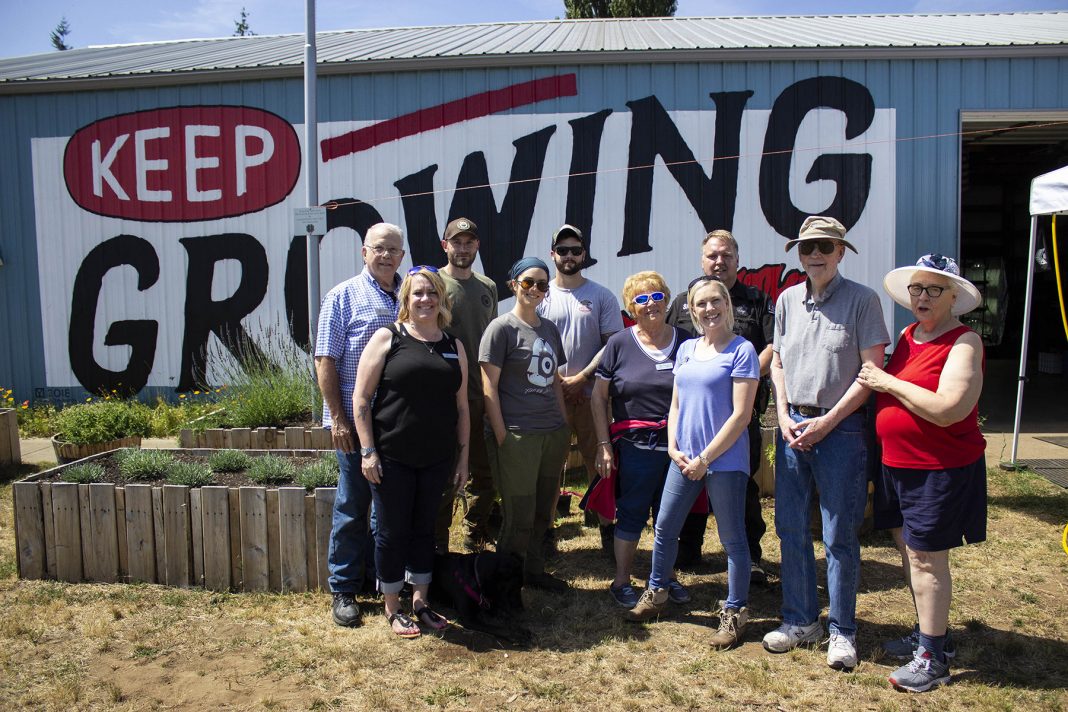As the population ages, veterans face a new battle: dementia. With a 166% increase over the last decade, veterans are twice as likely to get the disease as their civilian counterparts, and its impact is just beginning to be understood.

That’s where Dementia Support Northwest comes in. Formerly the Alzheimer Society of Washington, Dementia Support Northwest is an organization of volunteers, family, and friends. Their mission is to educate and provide support, knowledge, and resources to empower those affected by dementia.
In recent months, Dementia Support Northwest has committed itself to lending a special hand to veterans.
Why Veterans and Dementia?
Veterans are twice as likely to get dementia due to post-traumatic stress disorder (PTSD), depression, concussion syndrome, and traumatic brain injuries. The dramatic 166% increase is partially due to the aging veteran population. Vietnam veterans are approaching this age and are doubly vulnerable due to factors like exposure to Agent Orange.
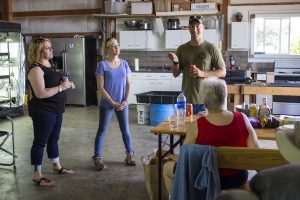
With dementia, as one starts to lose short-term memory, long-term memories can creep back in, and it’s not uncommon for veterans to have severe flashbacks and re-live their time at war.
“The events that caused their PTSD can be re-lived over and over again. It’s a huge issue; it can be traumatizing,” says Joann Clemo, program coordinator at Dementia Support Northwest and an active army veteran.
Another issue is the “gap” between benefits. Though the U.S. Department of Veterans Affairs already offers dementia-based health care, it can take time for those benefits to come in after an official diagnosis.
“We’re actively trying to figure out how we can fill in that gap with programs and services,” says Jan Higman, executive director of Dementia Support Northwest, “so they can start getting some things that are beneficial to them before the VA can kick in.”
Both Higman and Clemo came to this realization at a Veteran’s Health Fair at the Mount Vernon CBOC, where several veterans came to them with concerns about their memory.
“We probably talked to about 150 vets that day,” says Higman. “After that we thought to ourselves, we need to figure this out.”
A Helping Hand
Though initiatives are still in early stages, Dementia Support Northwest has done a lot over the past few months.
Their goal is to educate and support veterans with dementia and their families.
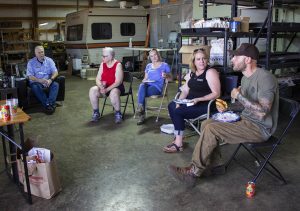
After the Veteran’s Health Fair, they had a dementia brief with the American Legion Post 91 in Burlington; they now actively forming a partnership with them. Dementia Support Northwest staff also sat down with concerned veterans to share information, answer questions and offer free memory screenings.
Dementia Support Northwest is also trying to connect with other groups and plans to start veteran-specific support groups in Bellingham and Skagit County. Groups currently meet weekly for those living with dementia that all include veterans. But, says Clemo, veterans connect above and beyond the bounds of regular groups, and having a group especially for them would help strengthen those bonds. “That brothers-in-arms thing is really strong. I think that’s underrated sometimes.”
Along the way, they’re fostering partnerships with groups like Growing Veterans, a nonprofit farm in Lynden run by veterans. Dementia Support Northwest knows their limitations and want to provide people with other community resources, as well.
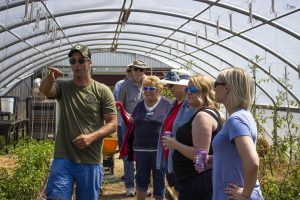
“Isolation is huge with dementia,” says Clemo. “If we can’t start a group for veterans immediately, we know [Growing Veterans] has Wednesday through Friday volunteer hours, and veterans can just show up and either sit and talk, or just sit and be in nature.”
“Part of raising awareness is to help reduce the stigma associated with dementia. There’s a lot of people who still don’t understand what it really is,” says Higman. “There is a sense of self-isolation, because people are embarrassed that they can’t find their keys or their words or remember things. You can still be really active and have a meaningful life and be a really great part of society with that diagnosis.”
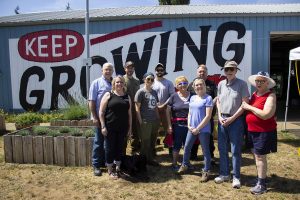
Get Involved
As a nonprofit, Dementia Support Northwest needs funding to help start support groups. They also need to find and train facilitators to guide groups.
“If we can make people aware of how important it is to help our vets, then hopefully we can also get funding to make this a reality as well,” says Higman.
Here are several ways to help:
1. If you’re interested in becoming a facilitator, contact Dementia Support Northwest’s office.
2. Volunteers are always needed! Contact their office or reach out on their website.
3. Donate money or items here. Anything helps!
Sponsored





























